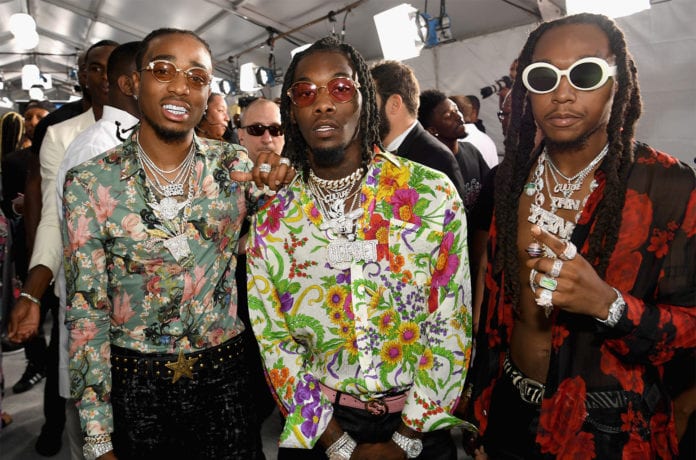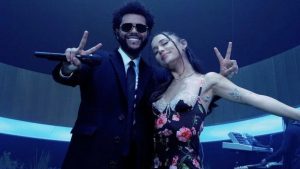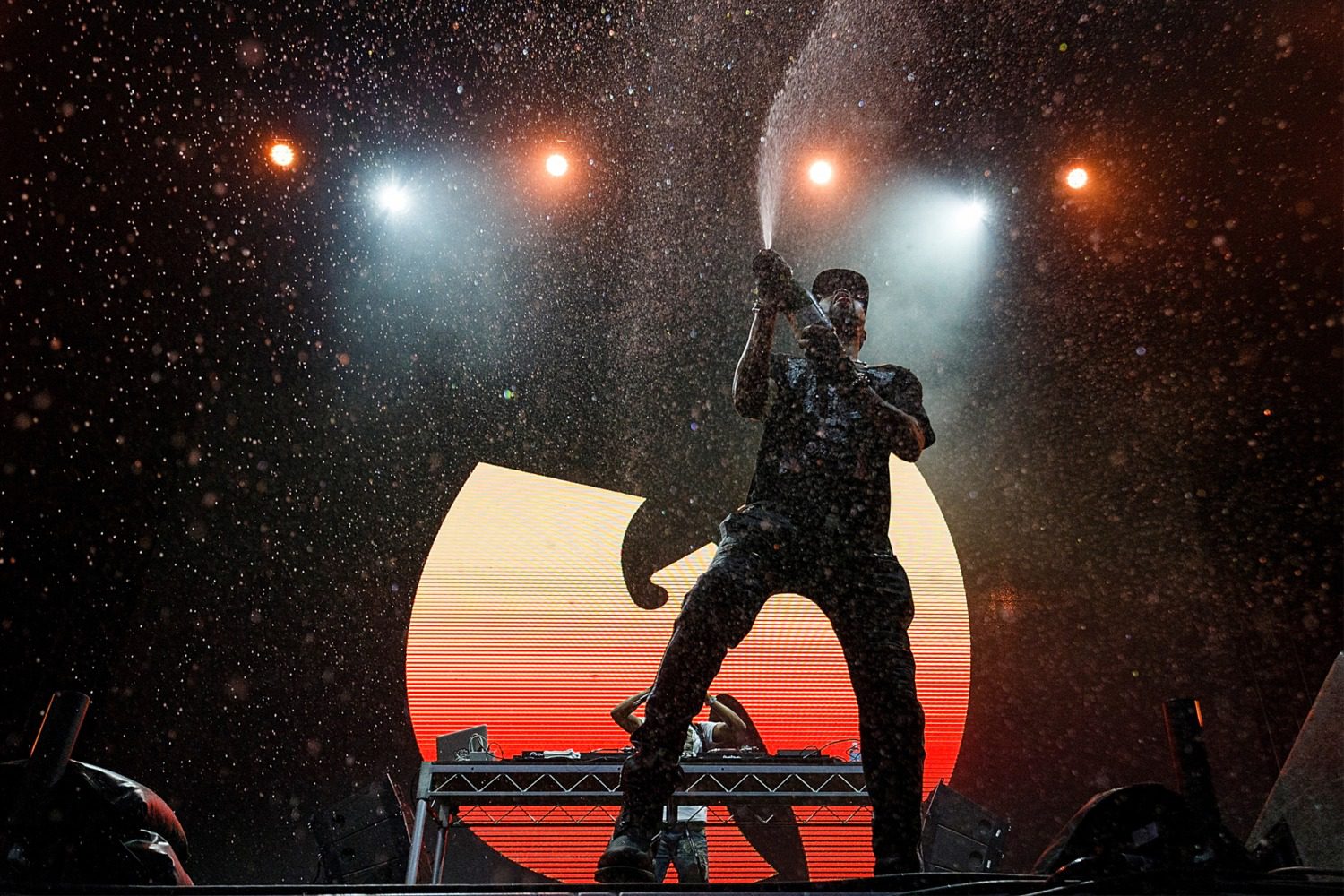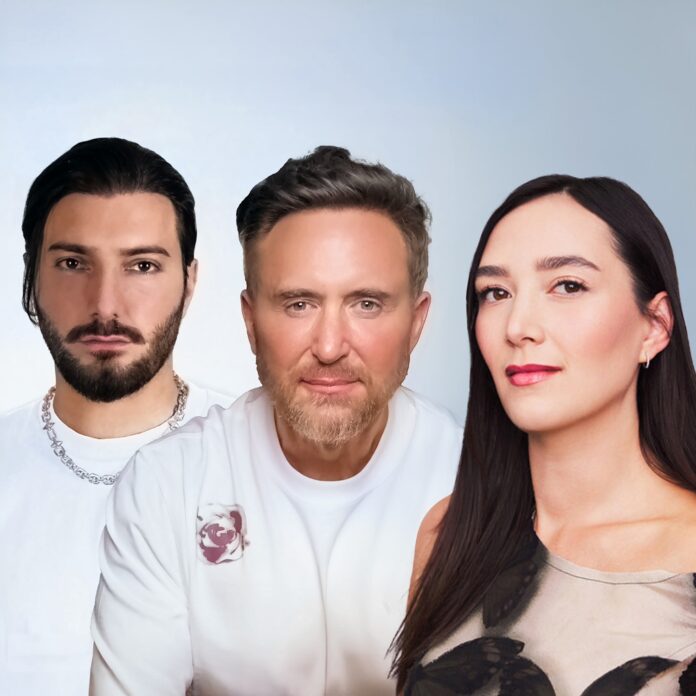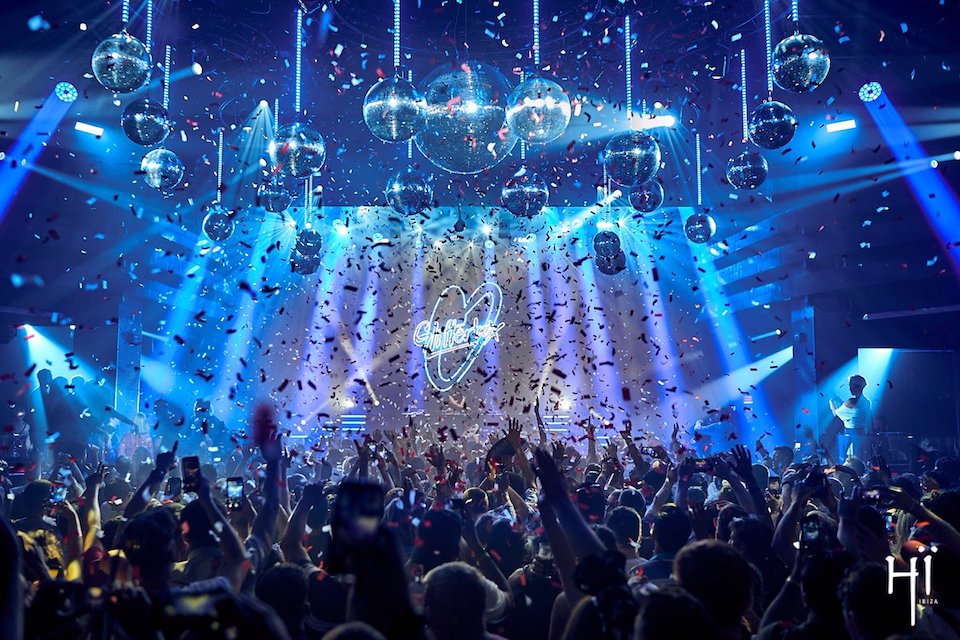“Profiled: The Black Man” discusses the many stereotypes that have plagued Black men in American society. In the four-part series, Discovery+ and OWN: Oprah Winfrey Network call on a number of cultural commentators including Tamika Mallory, Sway Calloway, and Bily Porter to debunk these myths. The show also highlights the lives of several Black men who play a pivotal role in the lives they lead today.
From the absence of fathers and devaluing Black women, to being considered dangerous and invulnerable, each episode tackles these topics head-on. Kristen V. Carter, who serves as co-executive producer of the series, speaks to the importance of the series’ timing, how we can debunk these myths daily and how to continue the conversation of uplifting each other as a community.
Why is this the perfect timing for the release of the docuseries in 2022?
We are at a crucial moment where communities are ready to have these conversations. Things have always been at its height when it comes to racial injustice. People began to engage in the topic of racial injustice differently. The show will give people the opportunity to change their actions when it comes to stereotypes.
What were your expectations before starting to film the series?
My expectations were just to do a phenomenal job. I’ve worked on a lot of shows that honor Black women, but not many that focus on Black men. I held it as an honor and continued to do so. We have a responsibility to tell the truth, but also make sure that Black men feel loved, valued, cared for and respected.
Do you think there’s been a balance of Black trauma and Black joy on screen since you’ve been in the business?
I think we need a stronger balance when it comes to sharing Black joy, Black pride and Black excellence. We’ve seen enough images of trauma. With ‘Profiled: The Black Man,’ we wanted to make sure we dial that back a lot. We’re not showing the typical images we see time and time again. We were really sensitive about making sure that our viewers are not feeling traumatized. Instead, they are inspired. I challenge all content creators to show balance. This show does gives us the opportunity to look at not only Black history, but Black future and Black joy as well.
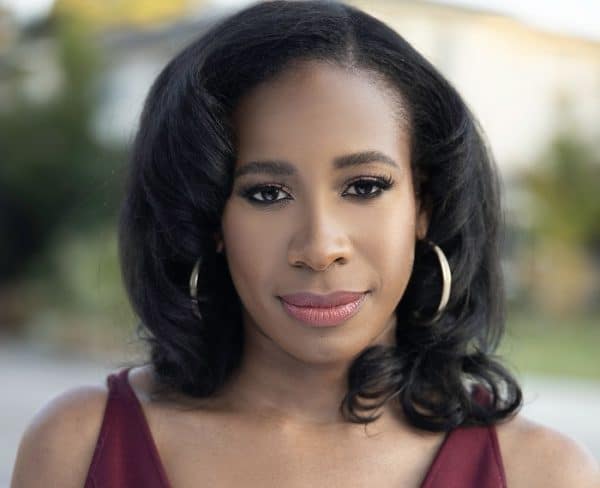
How do you create those images of the Black Future as a film maker and producer?
Black joy is what I live so I’m always selective of what I want to put into the world when I choose projects to work on or when I’m brainstorming my own projects. I asked myself how do I want to feel and how do I want to make the audience feel? That actually dictates the projects that I work on. It’s extremely important to me with all projects that I work on. I think this is the first show of its kind for us to look at the historical context, but hear from cultural commentators and profile some great every day men. This labor of love provided a balance to move the narrative forward and set the standard for more show’s I’ll be working on.
Episode 3 focuses on the “Black Men devalue Black women” stereotype. Why is this episode so important?
I think Black Twitter will be talking once we get to this episode. We touch on colorism, interracial relationships, how women have been portrayed in media and how Black men respond to it. I have definitely received the love and appreciation from Black men, but I have seen the other side. While there’s truth, there is fiction on both sides as well. We want to make sure that we show a balance of everything. Hopefully this show will help Black men to think on how to love Black women, but also show how Black men have continuously fought for Black women. There’s a lot of respect on both sides, but there are still some misunderstandings. There is no right or wrong, but there are more conversations that need to be had not only in romantic relationships but any dynamic.
How do we do a better job at protecting each other?
That’s one of my favorite questions because I always look to love on my brothers, supporting them, or attending things that they are apart of, or sharing resources. I really think it’s key that we do that with each other. For me to help a Black woman, I also want to help a Black man as well. I ask my brothers to do the same. Make sure that we’re employed, make sure that we’re love, make sure that we’re listened to and I try to do that in all of my relationships with Black men in my family and my friends.
During the pandemic, I’ve strengthened my relationship with my platonic male friends. A lot of men have talked more and talk about this in episode 5 about emotional vulnerability and wellness. I want to encourage more of our men to do that. Emotional vulnerability, mental health and therapy. I ask my male friends, ‘are you going to a therapist that you can trust?’ We need Black men so I’m excited that Black men are doing the work and we continue to show that on the series.
How important is it to show on screen that the Black experience is not a monolith?
It’s incredibly important. First and foremost, one Black man is different from another Black man. We wanted to make sure we heard from a number of voices. I think that’s special about this program is we share not only the history, but the real life experiences from our commentators and our profiled men. It’s giving everyone the opportunity to think about their own experiences. Women can think about what they’ve witnessed from relationships with Black men as well as relationships with themselves. In our first episode, we profile two different experiences because the Black male experience varies.
How was it working with the creators and executives of the show?
It was amazing working with A. Smith & Co Productions, P. Frank Williams, Tina Knowles-Lawson, OWN Network and Trell Thomas. We all collaborated to make this show the best that it could be. For a show like this, we combine so many elements: the historical content, the reflection and these profile pieces all takes a bit of weaving. It doesn’t come together overnight. There’s a lot of discussion to make sure that viewers feel the love, that they don’t feel preached to, that they don’t feel ostracized from the material. We wanted to make sure that it was palatable, informative and relatable. I’m grateful to have had the pleasure to collaborate with them. It’s rare to be apart of a program that you know is going to have a major impact.
How did your previous work prepare you for this series?
I’ve been in this business for 16 years. Every show was special, and I choose them based on my passions. “Profiled: The Black Man” is so aligned with my calling in regards to creating exceptional programming that I’m proud of. All of the shows I’ve worked on are based on my passions. So for America’s Best Dance crew, I grew up a dancer so that lead me there. If you looked at my resume, I can pinpoint and tell you why I selected this project. Coming into this year, I was keen on what I wanted to work on after coming off of a financial series with Chase & Kevin Hart called ‘Hart of it All.’ I wanted to do that show because I’m debt free and I went through financial struggles.
When I found out about ‘Profiled: The Black Man,’ I didn’t need the whole pitch and I said sign me up. I’m just elated to be apart of it. I do feel like my career prepared me for this series. Now I can feel my way through an edit after putting the pieces together. When I watch an edit, I have to be able to say, ‘as an audience member, will I stay tune? If no, then I have to go back to the drawing board. I’m really grateful that this came along at this moment in my life, where I can share my voice and support all of the other collaborators as well.


